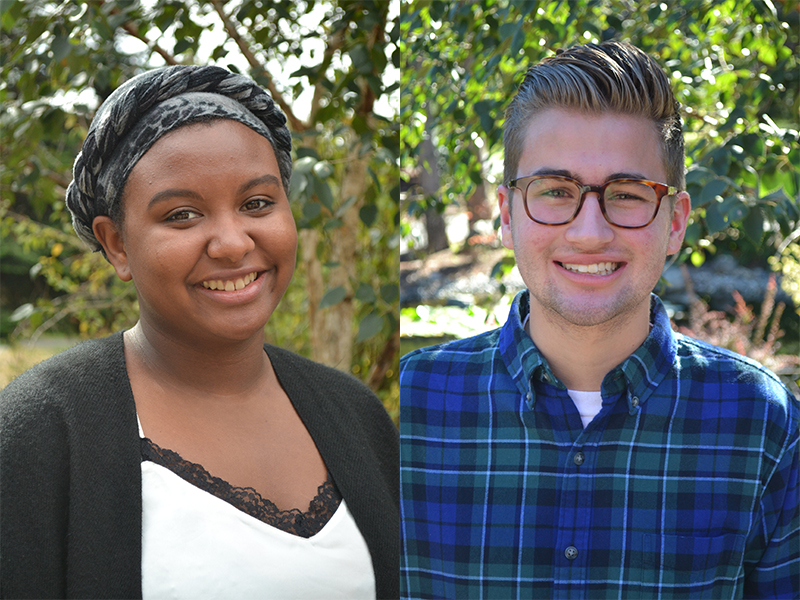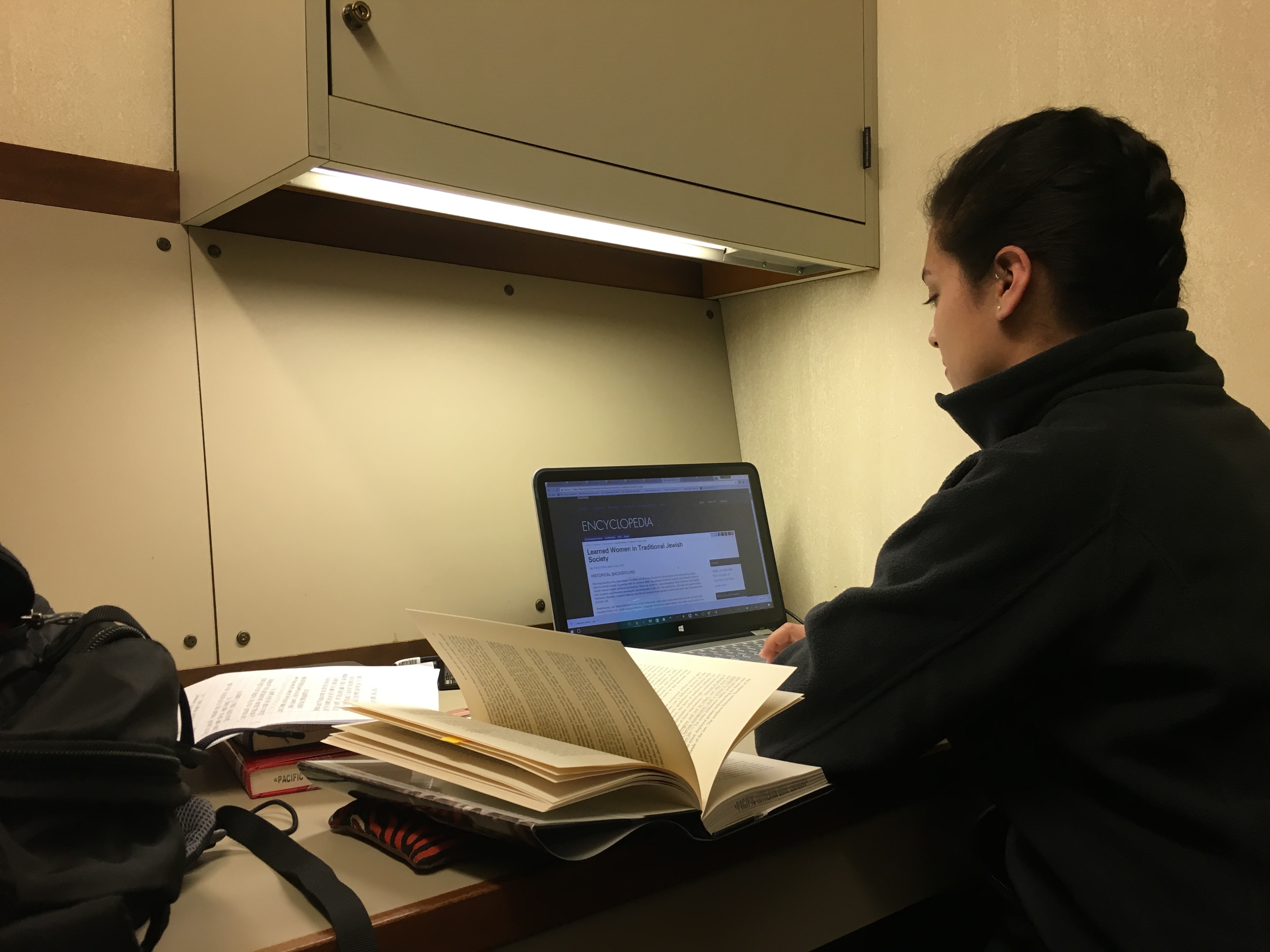MATTHEW SALZANO & BROOKE THAMES; Editor-in-Chief and Mast Magazine Editor; salzano@plu.edu and thamesbe@plu.edu
An activist group known as Concerned Student 1950 protested at the University of Missouri in November 2015. The group protested to advocate for racial equity on Mizzou’s campus.
Tim Tai, a student photographer, attended the protest on assignment with ESPN.
As Tai and other journalists reported on the scene, protesters stood in a circle around their site to inhibit press from covering the event. They claimed press had no right to report.
Melissa Click, a then-assistant professor of Mass Media, confronted Tai. Grabbing the camera, Click asserted that Tai needed to “get out.” She then encouraged other protesters to get involved, saying, “Who wants to help me get this reporter out of here? I need some muscle over here.”
Despite the pressure, Tai stood his ground.
Trump supporters created a list of journalists and public personas they said were helping to “rig” the election.
At a February rally in Texas, Newsweek reported Trump promised he was “going to open up our libel laws so when [journalists] write purposely negative and horrible and false articles, we can sue them and win lots of money.”
Trump was quoted on PBS.org as saying media outlets criticizing him would “have problems” were he to win the presidency.
He was made President-elect Tuesday, Nov. 8.
Brooke is a black woman.
Matthew is a bisexual man.
More than 50 million U.S. voters have told us that two men who think our identities make us less-than should hold the highest offices in this nation.
We tell stories because it is how the voices of the unheard can have a lasting impact and how the voices of the powerful remains in check.
But today it’s not just being black or queer we’re afraid of. Today we are also afraid to walk across campus with gold name tags that label us as journalists.
The Society of Professional Journalists Code of Ethics calls all journalists to “seek truth and report it.” It mandates that we must “tell the story of the diversity and magnitude of the human experience boldly, even when it is unpopular to do so.”
In our desire to seek truth and report it to our readers — who include the Pacific Lutheran University community in Parkland and around the world — we have been characterized as attacking, exploitative and even voyeuristic.
Anger with the press is extremely justifiable after this election cycle. America’s major media outlets failed to create thoughtful dialogue with inaccurate polling and reporting. This was a disservice to our nation.
This is why we must try harder than ever to follow our duty as journalists. Even though it is unpopular, we must seek truth and report it. We must boldly report the diversity of our world.
We do not tell stories to win awards. We do not tell stories to make money — there are no paid positions at Mast Media.
We tell stories because we care about the students, faculty, staff and alumni in our community. We tell stories because it is how the voices of the unheard can have a lasting impact and how the voices of the powerful remains in check.
We are called to service and care beyond the ethical obligations of our discipline. We are called because we are Lutes who are motivated by the mission statement that guides this university — the statement that calls for active service, leadership and care.
So we want to be like Tai: even if we meet the resistance of those who do not understand our mission, we will stay calm and explain why our existence is more necessary than ever. Why our facilitation of thoughtful dialogue is important. Why Mast Media matters on our campus.
We hope you support us as we serve you.


















